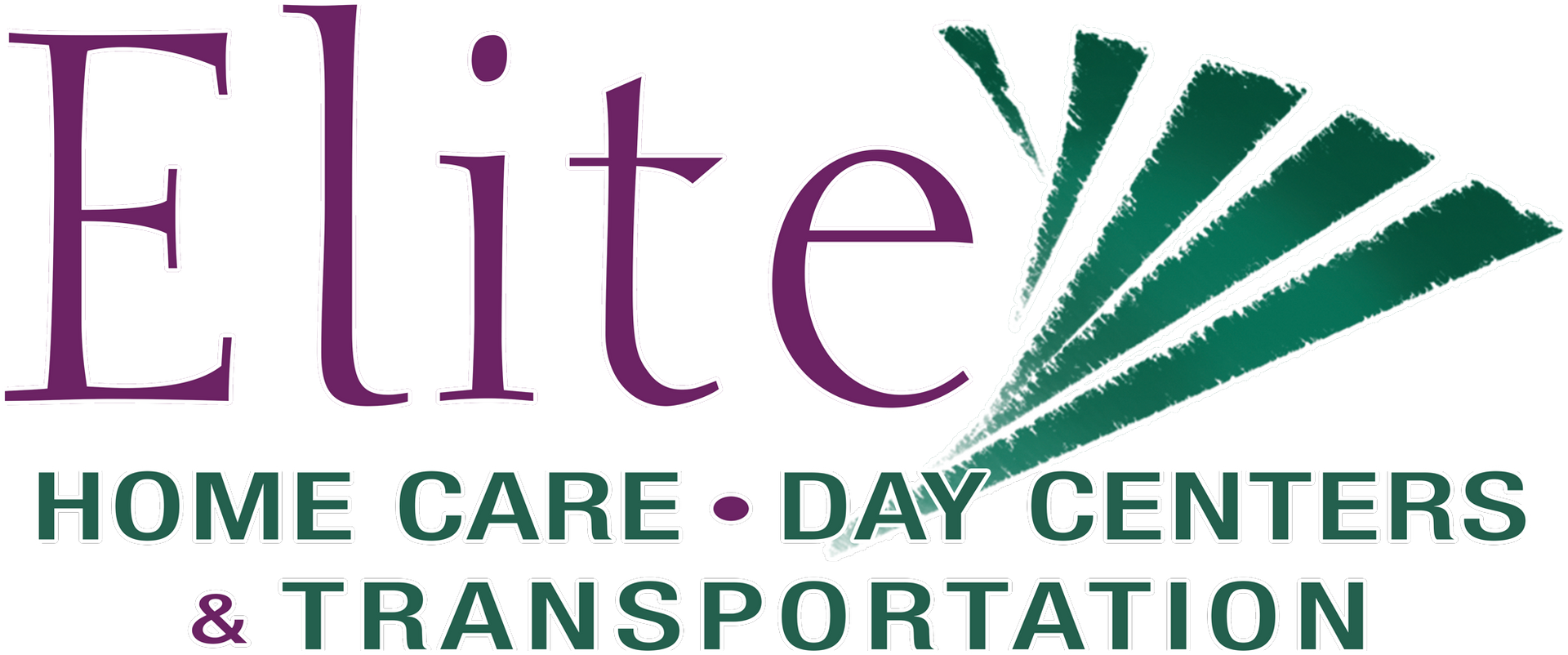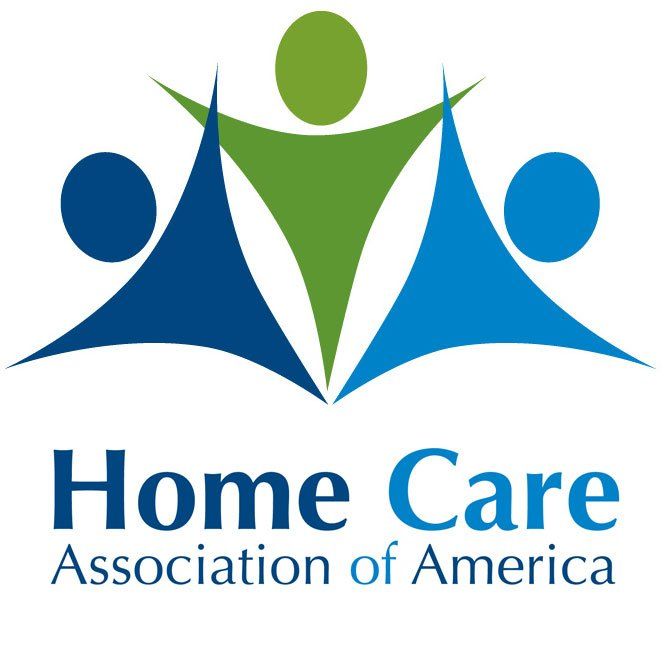Senior Cognitive Care at Elite Home Care & Day Centers
When you hear the words “senior cognitive care,” you may think of serious cognitive impairments like
dementia or Alzheimer’s, but the truth is, adults’ cognitive abilities slowly decline as they get older regardless of a cognitive diagnosis. And while
Elite Home Care provides specialty care programs for our
in-home patients or
day center patients with dementia or Alzheimer’s’, we also provide a wealth of cognitive care for you or your loved one, too.
Recognizing a Cognitive Decline
Our DHEC certified staff members are trained to care for adults with a cognitive decline, but it’s up to you or your loved one to recognize when you may need help before enrolling at Elite Home Care. In short, the first step in receiving memory care is realizing when you need it.
Getting older is a natural part of life. Getting older also means you’ll experience cognitive aging. Cognitive aging is defined as when we age, our mental functions become less flexible and so our memory gets worse over time. With memory loss, we become easily distracted, take more time to work through decisions or tell stories with more effort. Because some of the signs of cognitive aging may trigger the thought of early dementia or Alzheimer’s, it’s important to talk to a doctor to receive a proper evaluation. The truth is, because all adults experience memory loss over time, it’s rare to be diagnosed with a true cognitive illness.
Caring for Adults with Cognitive Impairments
We know that cognitive and memory impairments can affect not only your life, but your family’s life as well. As adults age and experience memory loss or more severe cognitive illnesses, someone in the family oftentimes becomes a caregiver. Memory loss can affect how someone thinks, acts, talks and usually requires constant supervision.
Memory impairments typically cause a range of behavioral problems over time including repetition, difficulties communicating, refusal to eat certain things, fixation, paranoia, aggression and wandering. This is why caring for a senior with a decline in cognitive abilities can be extremely difficult and frustrating. If you’ve found yourself in a caregiving situation that seems all-too-much, we recommend the following:
- Break down your conversation into simpler terms
- Get a medical evaluation
- Educate yourself on proper memory care tactics
- Figure out your needs: emotional, personal, household needs, etc.
- Find a care plan that works for you
While there are many ways to go about a care plan, we recommend starting with respite care services for in-home care and letting a professional caregiver help you navigate the harder stages of memory loss.
Finding Memory and Cognitive Care in South Carolina
While a family caregiver can handle memory care throughout the first stages, it often causes burnout and more attention that you simply cannot give. If you’re looking for a professional care center that not only offers respite care, but in-home care, day center care, provides on-site physicians, activities and more, then Elite Home Care may be the right choice for you. With convenient locations in Pickens County, Laurens, Spartanburg, Greer, Loris, Conway and Greenwood and flexible payment plans, you may just find the perfect fit for you or your loved one’s memory care plan. Reach out to us today!



















